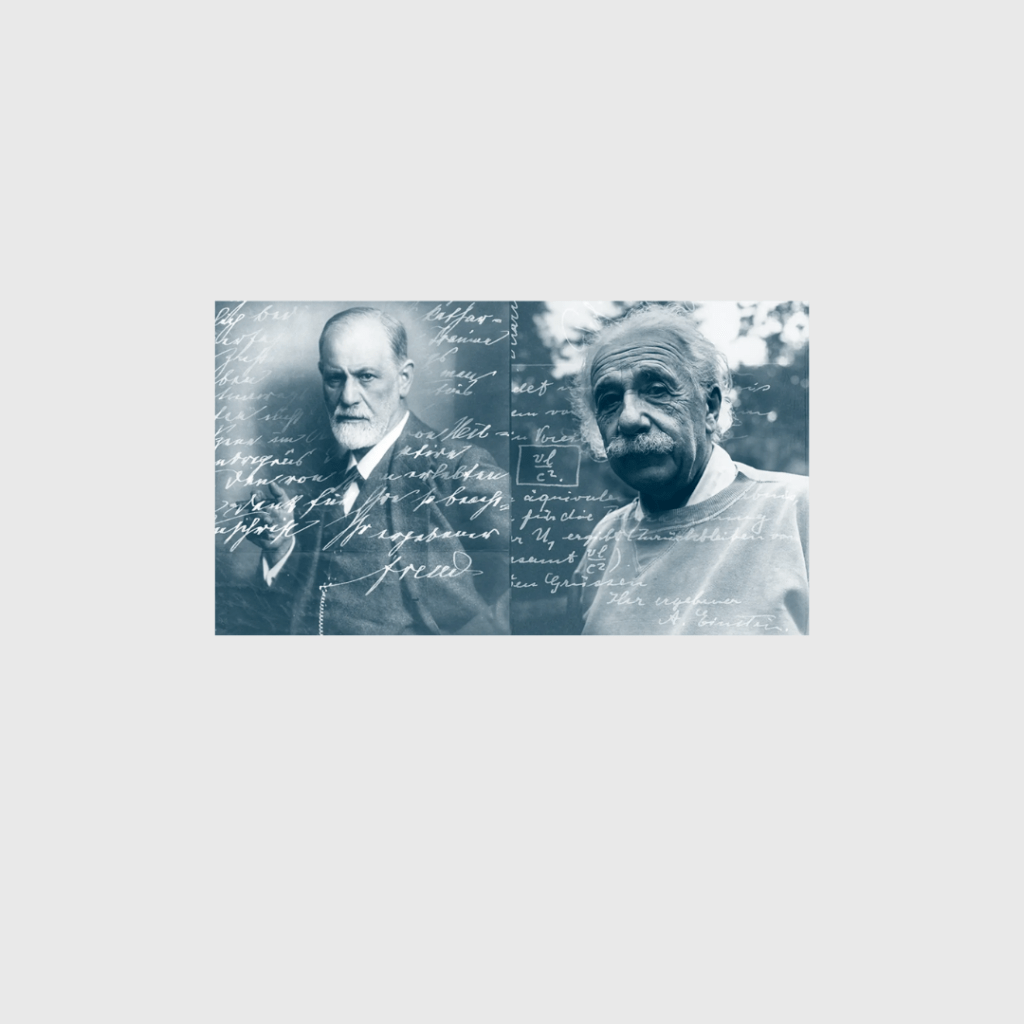Albert Einstein and Sigmund Freud engaged in a landmark 1932 correspondence to probe whether human nature could be steered away from the cycle of war. Einstein posed incisive questions about the psychological underpinnings of conflict, and Freud responded by dissecting the instincts that drive aggression and suggesting indirect methods to curb warfare.
The recent flare-up between India and Pakistan illustrates how enduring psychological forces and elite-driven agendas can drive conflict, as Albert Einstein and Sigmund Freud foresaw. By examining the latest hostilities through their lens, we can identify both the destructive impulses fueling escalation and the intellectual remedies that may foster de-escalation.
Sigmund Freud’s reflections on war expose a bleak vision of human nature, revealing how deeply ingrained instincts and societal hypocrisies combine to unleash collective violence. His essays from World War I and the interwar period dissect the psychological underpinnings of conflict in ways that remain startlingly relevant today.
Freud’s wartime writings demonstrate that beneath the veneer of civilization lies a potent death wish, ready to be harnessed by propaganda and power-hungry elites.
Table of Contents
Freud’s Dual Essays on War and Death
In “Thoughts for the Times on War and Death” (1915), Freud lamented that Europe’s collapse of “common civilization” revealed more “cultural hypocrites” than truly civilized people, as individuals abandoned reason and morality under the pressures of war4.
He observed that intellectuals, long thought immune to primitive impulses, succumbed to “narrow-minded and illogical conclusions” driven by emotional resistance rather than logic
Recent India–Pakistan Escalation
Tensions peaked in May 2025 with precision airstrikes, drone exchanges, and missile fire marking the most intense exchange in nearly three decades between the nuclear-armed neighbors.
India reported striking “terrorist infrastructure” in Pakistani-administered territories, while Pakistan claimed to have intercepted dozens of Indian drones over major cities such as Lahore and Rawalpindi.
Sirens, blackouts, and civilian evacuations along the Line of Control reflected widespread alarm, even as both governments warned that further action would occur only in response to provocation.
Global diplomats urged restraint to prevent a catastrophic escalation between two states armed with nuclear weapons.
Freud–Einstein Framework on War
Einstein argued that a small, determined group of arms-dealers and political elites exploit education, media, and religious authority to ignite mass enthusiasm for destruction.
Freud divided human drives into life instincts (which promote cohesion) and death instincts (which seek annihilation), observing that the latter can be directed outward as aggression or inward as self-destructiveness.

Together, they held that unchecked destructive impulses-amplified by propaganda-undermine rational efforts at peace unless guided by robust intellectual controls.
Psychological Dynamics in the Current Conflict
Both governments’ propaganda stokes nationalist fervor, channeling latent death-instinct drives into public support for military action.
The tit-for-tat pattern of strikes and counterstrikes exemplifies how once aggression is unleashed, it readily overrides reason and spirals into further violence.
Widespread fear and trauma among border communities mirror Freud’s notion of a collective “dread” that can either entrench hostility or, if harnessed, galvanize popular opposition to war.
Paths to De-Escalation Informed by Einstein and Freud
Strengthen Intellectual Oversight
Promote critical thinking through education reforms that challenge simplistic “us versus them” narratives and empower independent judgment.
Cultivate Shared Identity
Facilitate cross-border cultural, academic, and civilian exchanges to build empathy and a “community of feeling” that undercuts divisive propaganda.
Leverage Global Institutions
Support an empowered international body with binding dispute-resolution authority, reflecting Einstein’s vision of a judicial mechanism to settle conflicts peacefully.
Highlight War’s Consequences
Ensure transparent reporting on civilian suffering and infrastructural damage to generate societal aversion to conflict and reinforce the high cost of warfare.
Applying Einstein and Freud’s insights to the India-Pakistan crisis reveals that addressing underlying psychological drives and elite manipulation is as vital as managing military tactics. By combining intellectual vigilance, shared human bonds, and stronger international norms, policymakers can work toward a more stable and lasting peace.

